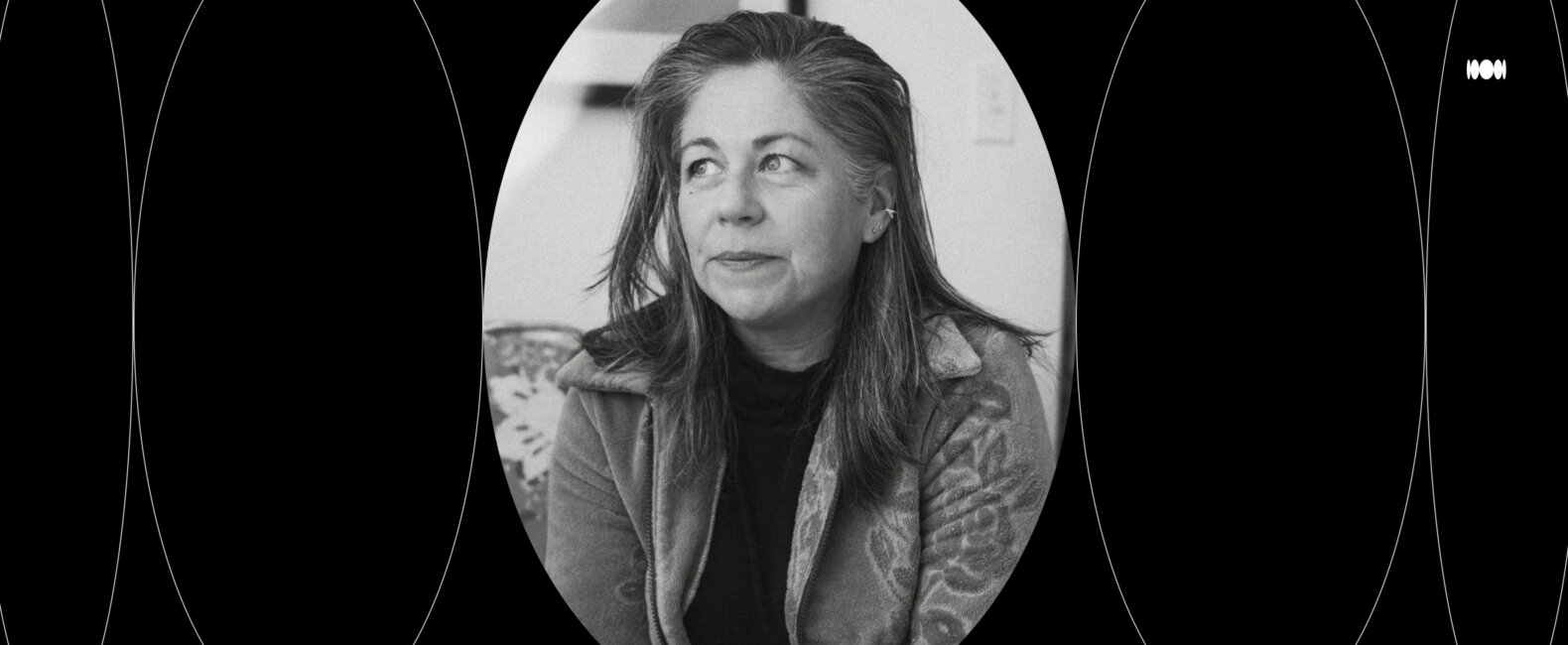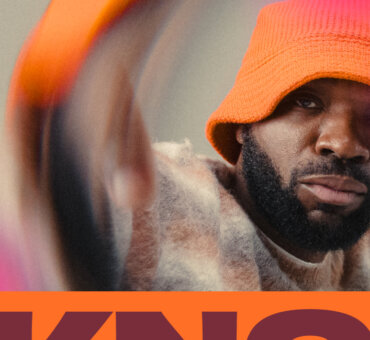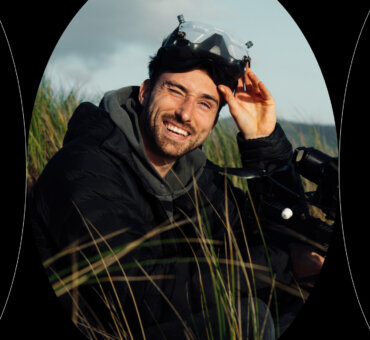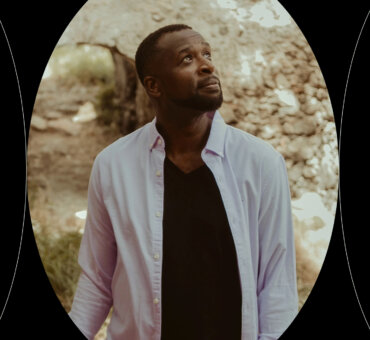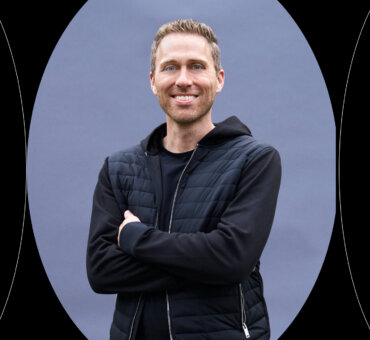For over a quarter-century, Valerie Lasser has honed her craft as a commercial editor, collaborating with industry giants like Y&R, McCann, Publicis, and GS&P. Her ability to weave captivating narratives is evident not just in commercials but also in her impressive filmography where she’s played many roles from assistant editor, sound editor, post production supervisor, and of course, editor. Features like Eavesdrop, The Independent, the Jerry Seinfeld documentary Comedian, and Sketches of Frank Gehry.
This year, Valerie adds another credit to her already illustrious career: Musicbed Challenge judge. If you want to take on the Challenge, you can learn more about it here.
Today, we dive into her creative mind to explore her journey from feature films to the fast-paced world of advertising and gain insights from a senior editor who seamlessly blends impactful storytelling and music with commercial brilliance.
Here’s Valerie.
Musicbed: What sparked your interest in editing?
Valerie Lasser: My mother was an artist, and my father was a mechanical engineer, so at the age of seven, I had some real training in art and a hobby of building engines. I always smelled like acrylic paint or WD40. When my father was building a college film studio and showed me a film synchronizer, I was mesmerized. I knew I wanted to make art with moving pictures.
Before I was 10 years old, I recorded many radio broadcasts on my dual cassette boombox. Then, I would secretly place some audio cassette tape recorders around my friends or family’s house during gatherings and ask people questions without knowing they were being recorded. I would later edit interesting mixtapes combining music, Foley sound effects, and dialogue. Not long after I started this, people began to make requests. It was incredible to me at that young age that I could make a room laugh, cry, or both within a 2 to 5-minute playback. The biggest takeaway from it all was acknowledging at such a young age the passion it took to work an edit until it hit a chord. This was when my pre-teen brain started to understand the art of storytelling. That amazing feeling you get from connecting with people sparked my journey.
I went to Glen Cove High School, which had a live TV studio. It was built in the early 70’s, and I believe it was the first of its kind in NY. Needless to say, I became the post-production head by the end of freshman year, editing on Sony RM40s with the old shuttle wheel editing controllers. It was like driving a 5 speed Porsche, which came easily having learned to use a clutch relatively young on motorcycles. After 30 years in the business, I am proud to say I also teach TV Production and editing at Glen Cove High School in between my editing projects. Life has indeed come full circle, and I could not be happier.
What elements are essential for crafting a compelling story?
I am a huge Walter Murch fan, and he was known to be on set for many of the movies he edited. This ensured getting the coverage the editor felt was needed. What Murch could see in his mind, he could also hear and knew that the audio coverage was just as important. He would make his sound recordings on set for ambiance and sound effects. As an editor, I fully embrace the craft of sound design and music selection, which are arguably the most powerful elements that give any footage life and purpose.
Editing is key to storytelling. How has this philosophy influenced your approach to editing over the years?
It’s no wonder why the term editor is lost by so many people not in the business because it suggests refining work. Editing is the beginning of any structure to a film, pacing, tension, and clarity, and any great director will tell you they were surprised at where the edit took the story. Look, even the best editor does not know all the ingredients needed until they have kneaded through the dough, so to speak. The editor becomes intimate with the footage in a way only an editor can and will see moments in the footage that bring the character development to a new level, which adds layers to the story. When an editor shows you a cut, he or she tells you the story and is eager for a response to know if it’s working or how to tweak it to improve it. Like how a comedian works a joke, an editor has to work an edit until it lands with the right emotional response. It’s crucial to work in a collaborative environment that allows for this.
What have been some pivotal moments/projects that shaped your editing journey?
I did a project for GLAAD’s 25-Year Media Awards, and it was 25 years of mixed formats of past award show recordings and the time frame of a weekend to get it done. I had to edit as I was skimming through footage with no time to organize it how I normally like to. Ultimately, it somehow came together, and it still moves me today. I remember playing it back for the folks at Glaad and was overwhelmed by their love for the piece. This is when I honed in on that feeling as a kid and knew that the most gratifying work was the human work.
I also did a spot for Ogilvy for American Express, where I was a creative partner as much as an editor. The whole team at Big Sky created this using mixed formats with no actual script. I put a rough cut together using a very new popular music track, giving it the feeling it needed to have. This led us to the existing track we had scored in the end, which turned out perfect. The graphic treatment started with the idea of a moving scrapbook, and with all the different eras of footage, we combined the look of microfiche, contact sheets, televisions, and film. I was the editor, but it does take a team. It was a lot of hoops for our graphics team and assistant editors, whom I hold on the highest pedestal.
Building Justice was a documentary I did about Frank Ghery, which looked at redesigning American prisons to be more humane and rehabilitative. It was one of the documentaries that credited me as editor and co-writer along with director Ultan Guilfoyle.
How important is music in your work?
Music is essential even before I work! I will make playlists to watch dailies with. An editor needs to understand music and how to articulate what kind of music you’re looking for. I usually become the client’s voice for music direction when working with a composer or making stock search requests. It’s not always as easy as sharing a cut with a music house and having them make stock suggestions because I need to use music and sound to get to the rough-cut stage. The timing of the music is so impactful to the storytelling. Then, when it’s working, everyone likes how the music works, so replacing it becomes tricky. This is why I want to start with a fantastic library like Musicbed right out of the gate. For commercial work, I would much rather say here’s a cut, and it’s all licensable music. When it all works well, it’s a beautiful thing.
Is there a part of the editing process you love the most?
If I had to pick one thing, I love sound design. I have always done my sound design because it is a huge part of editing. Sound heavily influences pacing, the timing of a transition, or the focal point of the shot. I welcome any challenge to find the right music track for my clients that hits the mood and feeling of the story. What makes editing so desirable to the craftsman, though, is all the parts to it. Setting up a project and organizing all my elements can be enjoyable because it’s like meeting all the actors and knowing all their lines, making everything down the road easier to navigate. My kids joke around, and sometimes, if you ask them what I am doing, they will say, ‘She’s playing her video games.’ They don’t see it as work because they say I have too much fun doing it.
How do you adapt your editing style when transitioning between different types of projects?
I don’t see any difference in how I edit between projects. Maybe leading up to the edit, I will research and study whatever the project is. I just find myself fully immersed in whatever project I am doing. I don’t play any musical instruments, but I could always just play when it came to editing. If you play jazz sax, is it different for them to play a rock tune? I don’t know the answer, but I just want to listen and understand the director or producer’s vision first, and then it’s all just storytelling. One thing I will say when doing the long form is that it helps if you, as the editor, are passionate about the subject because it can be a long and dark road ahead.
What’s your advice for aspiring editors looking to build successful careers in the industry?
Read, listen, and watch as much as you can. Practice, and fail hard while doing it. It is easier to try everything when no one is looking. One day, you may dig up that old mistake and find a purpose for it that blows people away. Be open to collaboration, and find a mentor.
What’s something that’s recently inspired you or caught your attention?
The Last of Us was phenomenal! I am now starting Fallout, and so far, so good. I just watched The Bikeriders this week and enjoyed its simplicity and beauty. Jeff Nichols truly captured the era visually. As for the music, how can you beat a soundtrack with “Mannish Boy (Electric Mud version)” performed by Muddy Waters?
I am very inspired when seeing up-and-coming talents work through competitions like the Musicbed Challenge. Mentoring is rewarding because I love learning new things from the next generation of post-creatives. Being a Gen X-er myself, it comes naturally to me to be a bridge between the pre-internet generation and the now AI-influenced generation due to a combination of experiences and adaptability. I love discussing the editing process with young creatives; we both grow from it.
Explore a curated playlist of Valerie’s favorite music to use in her projects—all immediately ready to license for your projects on Musicbed.
Why do you recommend Musicbed as an editing and filmmaking resource?
There’s a lot of stock music out there, but it’s noticeable when the people behind the stock music are just as passionate about the craft as you are. Musicbed makes searches easy and saving projects manageable. It is one of the only licensable collections I have playlists for that I listen to for pure pleasure.
This was written as a part of Musicbed Challenge. Want to learn more?















































































